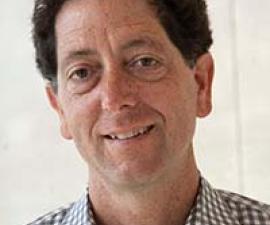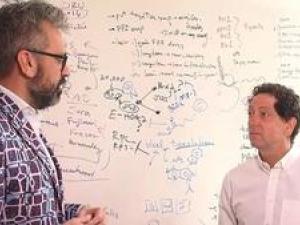

Research Expertise and Interest
chemistry, bio-organic chemistry, diabetes, protein phosphorylation, fundamental signal transduction pathways in cells and whole organisms, kinase, drug development, asthma, multiple forms of cancer, neurological disorders, drug addiction
Research Description
Research in the Shokat laboratory is focused on the discovery of new small molecule tools and drug candidates targeting protein/lipid kinases, GTPases, and RNA helicases. They utilize the tools of synthetic organic chemistry, protein engineering, structural biology, biochemistry and cell biology. In oncology and neurodegenerative diseases they focus primarily on targets in pathways which have been validated by human genetics such as the lipid kinase PIK3CA mutants (20% of human tumors), the first human oncogene—the GTPase--KRAS, the metabolic and growth factor sensitive kinase mTOR, the mitochondrial kinase, PINK1 (Parkinson’s Disease), the kinase Lrrk2 (Parkinson’s Disease).
In addition to a focus on early drug discovery, they seek to uncover fundamental principles of cell signaling that require the development of new chemical tools. Pharmacology allows rapid, reversible and dose dependent inactivation of single components in intact cells or organisms. The challenge is that highly selective pharmacological probes (agonists, antagonists, traceable substrates, etc.) of members of large enzyme families (protein kinases & RNA helicases) are difficult to develop because every family member shares a highly homologous ATP binding pocket. Their laboratory has solved this fundamental problem for the largest family of enzymes in the human genome, protein kinases, by using protein engineering to create a unique ATP binding pocket which does not exist naturally and then to create a matched chemical inhibitor or substrate which exploits that pocket to selectively target one member of the family at a time. We have termed this approach chemical genetics. It has been widely applied in yeast, plants, mammalian cells and animals.
